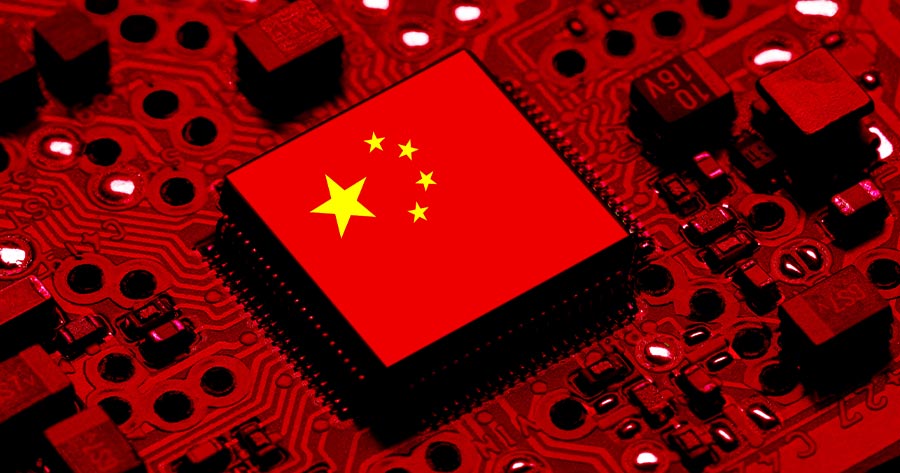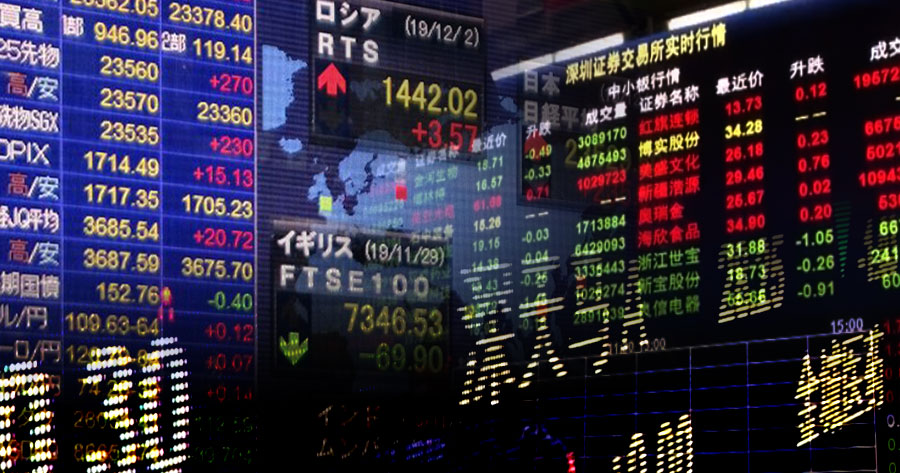Chinese semiconductor stocks rallied in Hong Kong Exchange after China announced the third phase of the national integrated circuit industry investment fund, aiming to boost the semiconductor industry’s development and build its strength for self-sufficiency.
China has officially set up its third state-backed investment fund aimed at bolstering its semiconductor industry, with a registered capital of 344 billion yuan ($47.5 billion), as disclosed in a filing with a government-managed companies registry.
The share price of Hua Hong Semiconductor closed 11.47% higher on Monday, while SMIC jumped 7.43%, Shanghai Fudan Microelectronics Company rose 5.83%, China Electronics Huada Technology gained 3.82% and Solomon Systech (International) increased 3.70%.
The establishment of this fund aligns with President Xi Jinping’s emphasis on achieving semiconductor self-sufficiency, particularly in light of the U.S.’s recent imposition of export control measures citing national security concerns.
The newly established third phase of the China Integrated Circuit Industry Investment Fund, also known as the “Big Fund,” was formalized on May 24 and registered under the Beijing Municipal Administration for Market Regulation. The fund is the largest of the three launched by the Big Fund, with significant shareholders including China’s finance ministry and China Development Bank Capital.
Noteworthy investors in the fund include major Chinese banks such as Industrial and Commercial Bank of China, China Construction Bank, Agricultural Bank of China, Bank of China, and Bank of Communications. These entities, along with others, are contributing to the total capital injected into the fund.
Reuters reported by citing sources familiar with the matter that Nvidia’s latest AI chip for the China market has faced a slow start, leading to oversupply and pricing pressure when compared to a competing chip from Huawei.
During Nvidia’s Q1 earnings call, CFO Colette Kress expressed concerns about the company’s business in China, noting a significant downturn in revenue from the data center business in the country due to sanctions. They anticipate continued market competitiveness moving forward.





